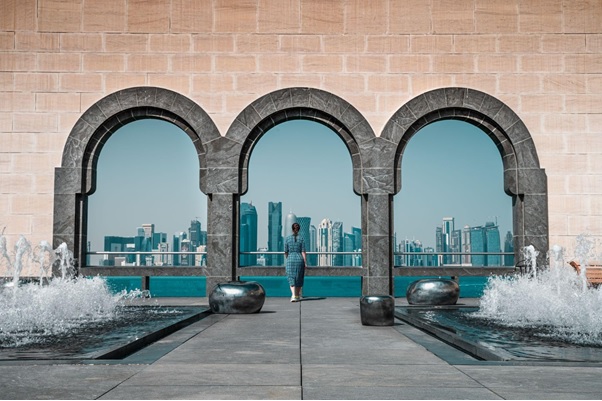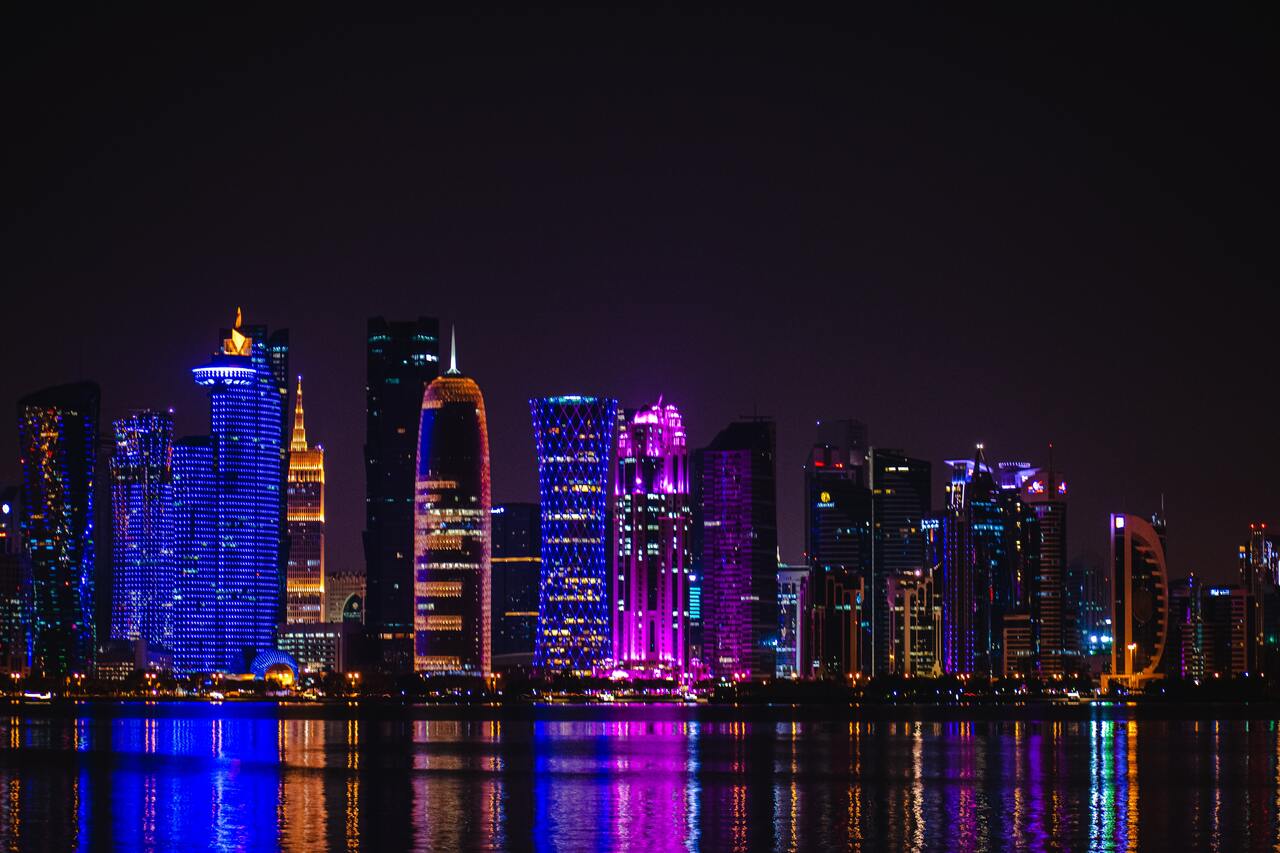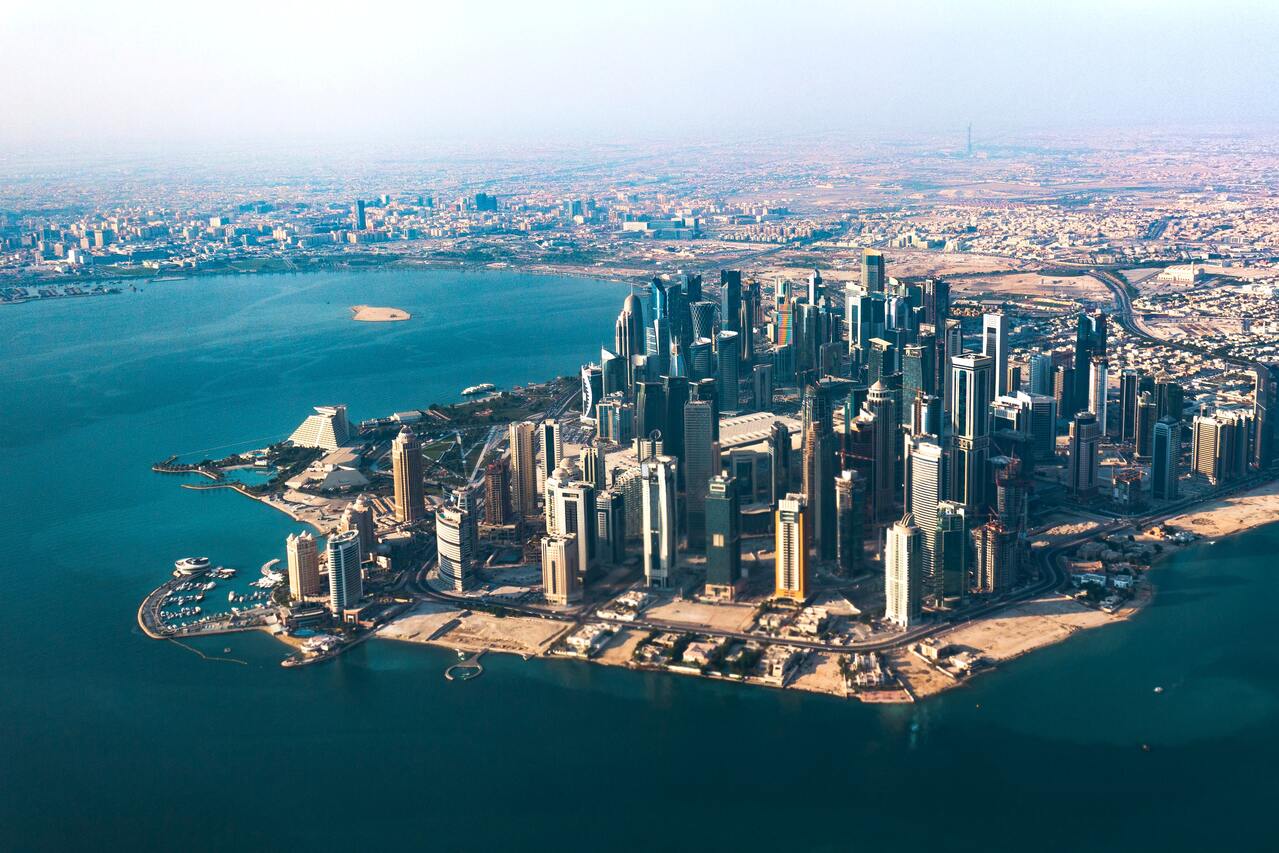Qatar's expansive investment ecosystem aims to set up its operations through various opportunities in infrastructure, logistics, financial services, entertainment, technology, tourism, and other multilayered sectors to jumpstart the economy in the post-pandemic era. Recently, the government has restructured the country's regulatory framework to facilitate further investor relations, eventually easing the information exchange on Qatar investment growth for stakeholders and resources.
Focusing on Sustainable Investments
In particular, Qatar encourages investments in non-hydrocarbon sectors to boost the country's attempts in diversifying its income which was previously dominated by oil and other non-renewable energies. The approach to lower taxes for businesses aiming to support Qatar's transition towards reducing carbon emission also comes with different attractive packages designed to appeal to foreign investors.
Additionally, Qatar also pinpoints the importance of international investors in the real estate sectors, allowing changes in the local market by easing specific provisions that include improving the tax regimes, restructuring anti-money laundering supervision, and enhancing the process of financing. Qatar's developed IT infrastructure supports the massive regulatory framework revamp that covers e-contracts, e-signatures, and digital transactions, enabling seamless transactions between both the public and private sectors.
Qatar now stands as the 28th most investor-friendly economy, opening the gate for 100 percent foreign ownership of businesses in selected sectors to support the robust growth in line with the Qatar National Vision 2030. Furthermore, the Qatar Investment Authority (QIA) also actively collaborates with global players to enter the country and propel national developments. The agency has recently partnered with Rolls-Royce (RR.L) for a multi-billion project to develop and inject investments to green technology startups with the UK and the Gulf Region domains, aiming to turn companies into Unicorn with the capital injection.
Qatar Early-Stage Ventures

Previously, Qatar was already a primary investor in many mature businesses in the UK and other affiliated countries, with high-profile portfolios consisting of the Shard skyscraper, Harrods department store, and the Savoy Hotel in the tourism and consumers businesses. Other notable investments are made primarily in the energy and real-estate industries, conducted by the QIA and Qatar-based private equities and venture capitals. Today, the country seeks to focus on early-stage ventures with the intention of sustainable and social-enterprises.
The QIA and RR.L's primary goal is to produce five new startups by 2030 by providing testing grounds and sandboxes for the investee to double down on research and developments specifically combating climate change issues. The shift towards a greener future has become a trend since the country pledges at the Paris Agreement to commit to zero-emission by 2050. Today, Qatar is already the world's largest Liquefied Natural Gas (LNG) supplier, preparing to cater to the global demand for coal alternatives deemed friendlier to the environment.
Besides the project with RR.L, the Qatar Investment Authority has expressed their intention to create a substantial investment pool to finance research and developments specifically for early-stage companies, acting as a seed venture capital to help scale-up businesses sustainably. In their venture, Qatar encourages other investors to join the action and become limited partners, sharing both capital and knowledge transfer needed for the companies to grow.



